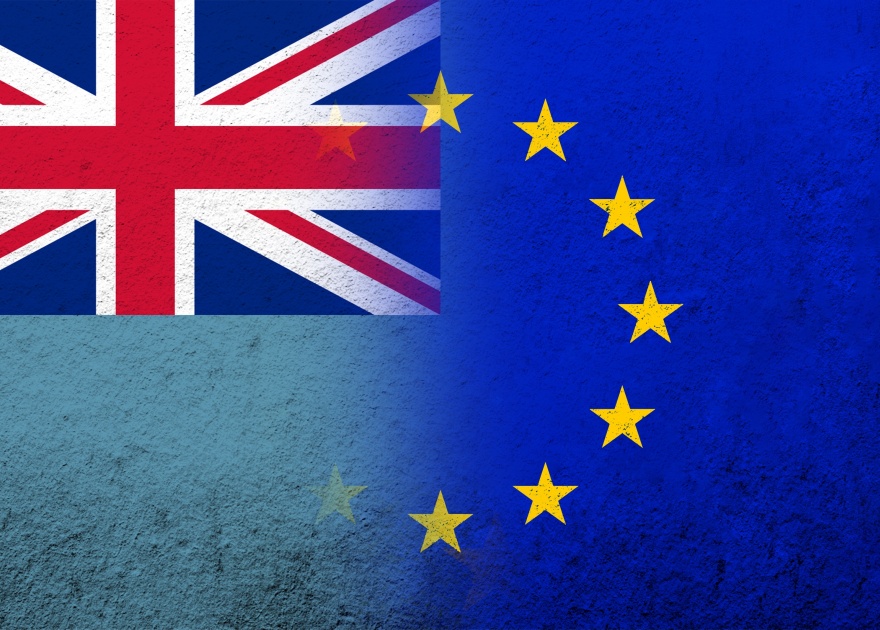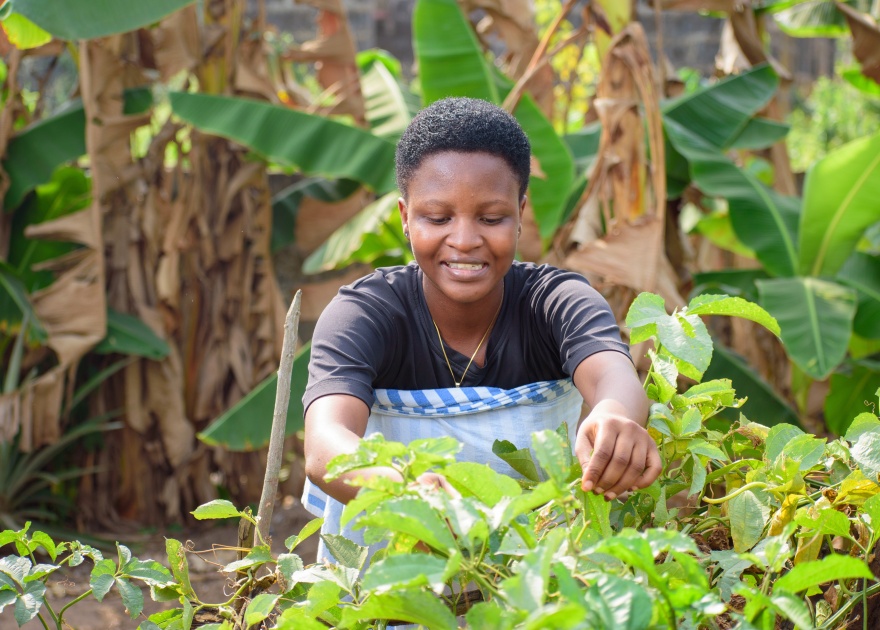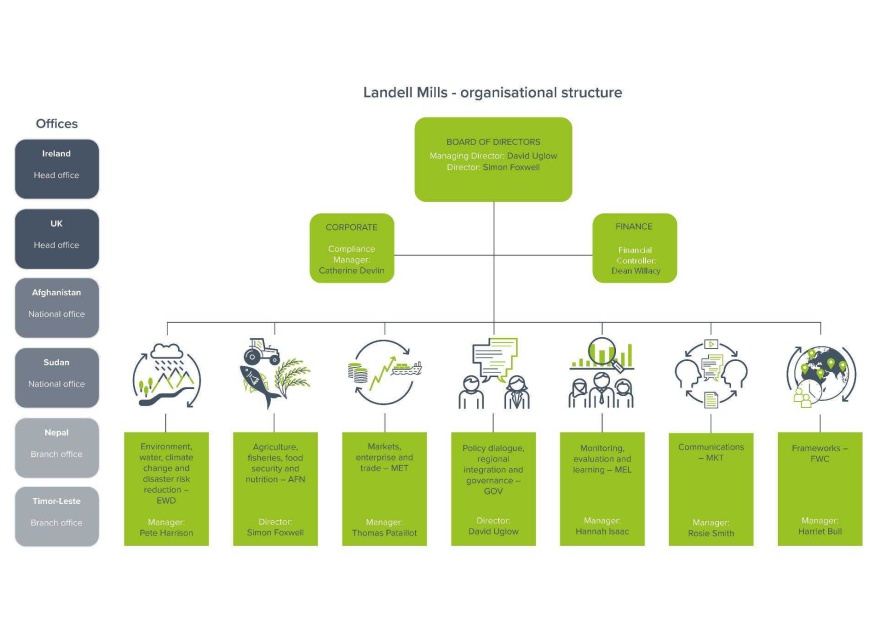Governance
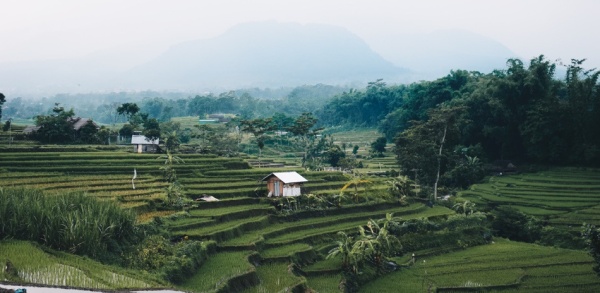
Our technical services related to governance include:
Landell Mills works extensively on public policy at national, regional and inter-regional levels. National policy support is most often provided in the technical sectors in which we specialise, such as trade, agricultural or water management, whereas support to regional policy dialogue tends to encompass a wider thematic area as we are often contracted as a facility provider with broader scope. Examples of support to regional policy include in relation to food security and in support of regional integration within the Southern African Development Community (SADC). We have also provided our services as the Support Mechanism to the Joint Africa-EU Strategy, which focused on improving policy dialogue between the EU and the African Union in a number of priority areas, including infrastructure, energy, ICT, trans-boundary water management, earth observation and migration.
We work to support effective public financial management throughout government, including in relation to budgetary support mechanisms. For example, in Afghanistan we worked with the Ministry of Agriculture, Irrigation and Livestock to enable the transfer of off-budget project support to sector-wide budget support. In terms of financial accountability we provide services to support Public Expenditure and Financial Accountability (PEFA) assessments and Mid-Term Expenditure Framework (MTEF) analysis. We also support government agencies to improve their procurement processes to make more efficient and effective use of public finances.
We work extensively in conflict-affected and post-conflict countries, as well as those in transition where governance systems are often weak and support is required to embed new or enhanced democratic structures. Our work in this area has included assistance to various government ministries and agencies in Sudan to support the transitional civilian-led government in preparing for democratic elections. We have also supported the ground work for placing electoral observers in countries such as Egypt, Guinea Conakry, Honduras, Madagascar, Paraguay, and Sierra Leone ahead of democratic elections.
Promoting human rights and social inclusion are activities that cut across all our work, and are a pre-condition for our engagement. For example, in relation to a child’s right to ‘life, survival and development’, we work on promoting food fortification globally, and, in Sudan, we work to promote UNICEF's eight essential family practices - designed for families with children under 5 years old. Other rights include those related to disability and those of indigenous peoples, for example in respect of cultural, intellectual, religious and spiritual property. In support of human rights more generally, we have been working with Sudanese civil society, human rights activists and human rights defenders to support the organisation of human rights and democracy-related events, including the international day against torture, in Sudan. Other services to promote social inclusion include work to support gender equality awareness and advocacy in Nigeria, and how-to guidance for gender inclusion in EU agriculture and food security programming.
Peace and security are often fragile in many of the countries in which we operate. As such, we provide services to strengthen the rule of law, the justice sector and to improve public security. For example, in the Central African Republic, we are contributing to both justice and security sector reform, seeking to improve the efficiency in the judiciary system, on the one hand, and reinforce capacity in the security sector, on the other. We also support global and national efforts to reduce or eliminate corruption and disrupt international crime, for example in relation to people and drugs trafficking, and money laundering. We conducted an economic analysis to support a Global Anti-Corruption Programme Development for the UK’s FCDO and previously examined the institutions involved in implementing the Security Agenda within the Territories of CARICOM Member States
Much of the technical assistance that we provide focuses on strengthening the institutions that deliver public (and sometimes private) goods, particularly to the line ministries and regional organisations in the fields of our technical expertise. The services that we provide include institutional reform, legislative strengthening, change management, and human resources development. Our generic work in this area ranges from support to District and Local Government Affairs in Papua New Guinea, to developing proposals for a redesign and restructuring of the Caribbean Community Secretariat’s operations. In between, we are supporting the State of Kassala in Sudan by creating evidence-based, innovative, and sustainable development and protection solutions for refugees and host communities in Sudan, hence providing alternatives to irregular primary and secondary movement.
Landell Mills provides international aid management services, either directly to donor agencies or to aid recipients, including both national and regional bodies. Our support seeks to ensure alignment with the OECD’s effective aid principles, which aim to accelerate progress towards the Sustainable Development Goals (SDGs). Current work includes support to the EU Delegation in Sudan to programme future EU spending in the areas of migration, agricultural development, basic services and private sector growth; support to the National Authorising Office within the Ministry of Finance and Economic Development in Zimbabwe as the country has become eligible for EU aid in the post-Mugabe era; and in Lesotho to strengthen management and coordination of development cooperation within and between the Ministry of Development Planning and the Ministry of Finance. We have supported the management of aid processes in Chad, Ethiopia, Serbia and Turkey.
Project Examples
SADC Dialogue Facility
The SADC Dialogue Facility will support the process of regional integration within SADC through structured dialogue with key stakeholders on thematic areas of importance to the SADC regional integration agenda. It will work within and strengthen existing mechanisms such as the SADC-ICP Dialogue groups and existing CSO platforms. The project builds on previous successful dialogues with the EU and other cooperating partners.
Landell Mills has been contracted to set-up and manage the SADC Dialogue Facility (SDF) and will work closely with the SADC Secretariat to achieve: strengthened evidence-based and results-oriented policy dialogue; enhanced SADC cooperation and policy dialogue with stakeholders to strengthen regional integration; and strengthened inter-regional peer-to-peer dialogues.
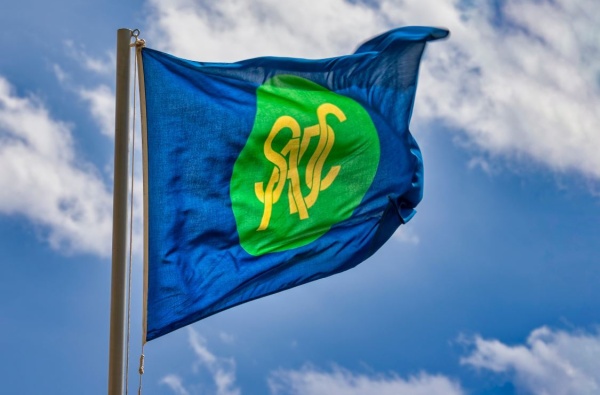
Capacity Building Project for State Authorities in the East of Sudan, under the Regional Development and Protection Programme
This project aims to contribute to creating an evidence-based, innovative, and sustainable development and protection solution for refugees and host communities in Sudan, hence providing alternatives to irregular primary and secondary movement. The specific objectives are to improve the capacity of the State authorities in assessing needs in relation to providing integrated services, and increasing economic and employment opportunities in favour of migrants, refugees, asylum seekers and host communities.
The main beneficiary of the project is the State Ministry of Finance and Economic Planning in Kassala and, in particular, the Department for Economic Development Planning.
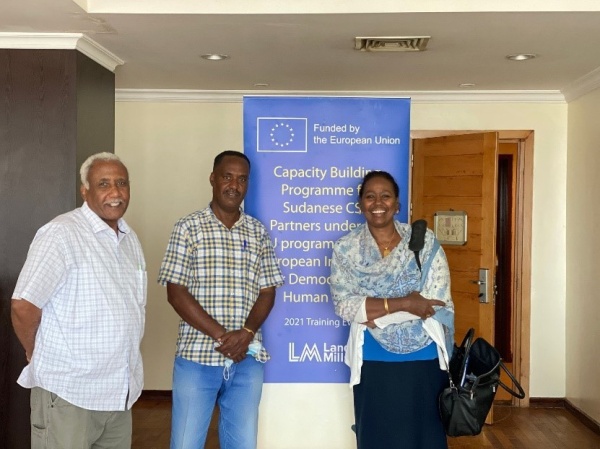
Support to the Management and Coordination of Development Cooperation in Lesotho
The overall objective of the project of which this contract is part is to contribute to the implementation of Lesotho's national development agenda as embodied in the National Strategic Development Plan (NSDP) 2012/13-2016/17 and the Vision 2020. In line with this strategy, the Government of Lesotho has made a commitment to pursuing programmes that aim to achieve inclusive economic growth, poverty reduction and macro-economic stability.
Through this project, Landell Mills will help improve transparency and effectiveness of policy orientation of the budget through strengthened management and coordination of development cooperation.

